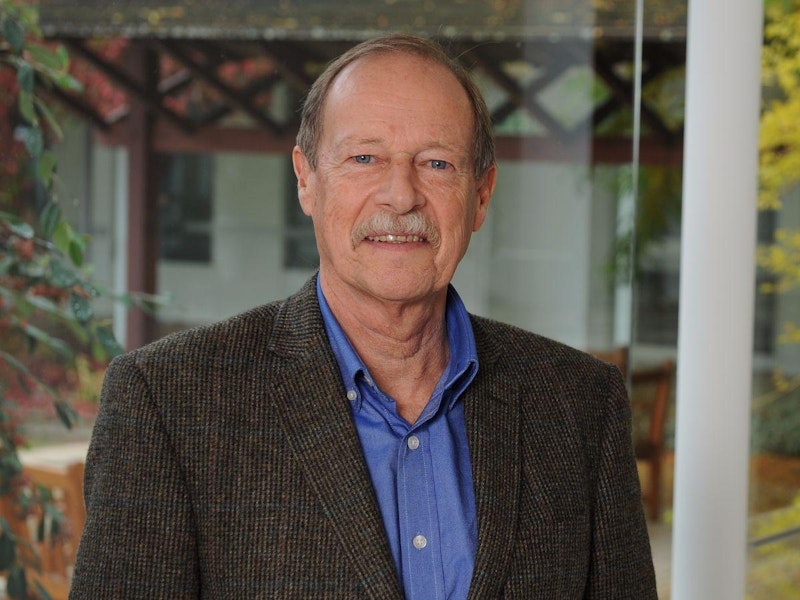Is ‘busyness’ really necessary…or did Leonardo Da Vinci have it right?
This is a precis of an article by Graham Louden-Carter, Executive Fellow in Executive Education at Henley Business School.

It’s a busy world out there!
On the Henley Leadership Programme, we ask people to describe how it feels to do their job. A common theme is how busy they are, with responses such as: ‘I’m spinning plates all the time’; ‘I’m tearing my hair out’; ‘I’m caught inside a washing machine’… and so on.
Undoubtedly, the world is becoming busier – longer working days, multiple demands on our time, 24/7 connectivity, constant distractions from smartphones, emails, texts, social media, breaking news etc. and it feels as though there is less time for family, leisure and relaxation.
But is all this ‘busyness’ really necessary? Or are we being swept away in an unproductive (but strangely satisfying!) rush of activity and stress? Could we be more effective in the way we manage our time, energy and focus and actually accomplish more, as Leonardo da Vinci suggested, by working less?
It is not possible for us to operate flat out all the time and expect to be at our best. We believe it is a worthwhile investment of our time to step back and re-evaluate our ‘busyness’.
Managing energy, not time, is the key!
Jim Loehr and Tony Schwartz have been working with world-class athletes for 30 years and have transferred their learnings into the corporate world. They believe that the way to bring mind, body and spirit to peak condition is to learn that recovering energy is as important as expending it.
In their book, On Form (2003), they point out how our rhythms are rushed and relentless and how we celebrate quick reaction, rather than considered reflection, assuming that we have no choice but to cram as much as possible into every day.
They highlight the power of rituals – behaviours and habits that become automatic over time – that make it possible for us to be effective and build routines. These include:
• what and when we eat
• having regular times for exercise
• preparing mentally for meetings
• building in reflection time
• taking breaks
• spending time with family
• ensuring energy recovery time.
What do ‘unbusy’ people do differently?
Dr Travis Bradbury, writing on LinkedIn (2016), highlighted findings from interviews with successful people about their #1 secret to productivity. Highlights included:
• focusing on only one thing – knowing what will have the biggest impact and working on it for 1-2 hours each morning without interruptions
• NOT using unscheduled to-do lists – undone items cause stress and insomnia, so schedule everything on your calendar
• making it home for dinner – there’s always more that can be done, so allocate time to the other things you value
• seeing energy as everything – view food as fuel, sleep as recovery and breaks as opportunities to recharge.
What our participants tell us
Many participants on the Leadership Programme have shared a variety of successful techniques, practices and rituals that have helped them deal with the busyness of their lives. Here are a few of them, some of which may resonate with you:
- ‘I attend many meetings, mainly back-to-back, which I found left no time for follow through on actions or to prepare for the next meeting. My solution was to block off 15 minutes between meetings to create space for me and to be disciplined about sticking to this.’
• ‘I stop working generally at 12:30 and have lunch and stretch my legs or play chess – structured downtime.’
• ‘I produce weekly work priorities broken down into daily plans. This makes me focus on the right things, the important things and helps me avoid being dragged into issues that should be solved by other members of the team or are actually not important.’
• ‘I had got out of the habit of exercising regularly and knew this was having a negative impact on me. The best time for me to exercise was first thing in the morning, so I developed a routine of exercising at a nearby gym for an hour three days per week.’
• ‘I used to use my tube ride to work for checking emails and I found that this often put me in the wrong frame of mind at the start of the day. I now only check emails once I have got to the office and I use the tube ride to think and reflect.’
• ‘I was being swamped by requests for impromptu discussions by my colleagues and this was causing a major diversion of my time away from my own priorities. I decided to ‘buy’ back my own time by (a) not always saying yes to requests for discussions (b) limiting any discussion time to 15 minutes. However, I made this a positive intervention by declaring this approach publicly and making a commitment to give my full focus during that time in return.
So what should be done?
We say banish busyness – stop, right now, take a breath and do it!
We need to recognise that our life is our life and it’s not a race. The only person who is stopping you is you. We know through our own and many participants’ experiences that there are some fairly simple things that can be done to improve effectiveness and balance. All it takes is the intention to slow down, and some discipline.
So take ownership of your time and energy and find good habits that will prevent the busyness and the mad rush to do everything now. Develop your own plan for change, commit to it and practise it until it becomes a habit.



